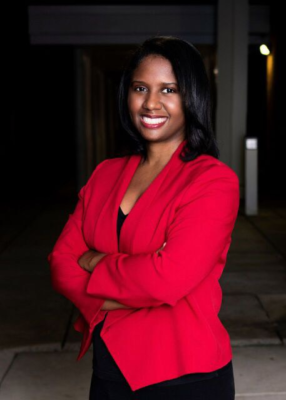Church in the age of Coronavirus
Sunday mornings across the globe are a time of mass gatherings in places of worship. People of all backgrounds and ages come together to sing praises while receiving a word of either correction, inspiration or instruction from the speaker. There is a sense of community and purpose that occurs when the altars are full of people joining in unison for a higher purpose.
This Sunday morning however, it was different. A quick drive through most neighborhoods told a different story as the church parking lots were not packed as usual. Worship songs that would be sang on a large projector screen by a band leading the congregation or in hymnals was not an option. Children who would normally be in Sunday school to learn biblical stories through fun and creative ways had to adjust learning in other methods. Finally, pastors who would speak powerful, life-altering sermons from the pulpit were delivering them from either living rooms or their back porches by use of social media platforms.
All over the area churches were recommended (along with other places of mass gatherings) to close their physical doors for the time being as the nation is facing the COVID-19 pandemic, which has led to 65 deaths and over 3,400 cases in the United States as of press time. Today was declared a National Day of Prayer by President Donald Trump for healing in the land. The threat of the Coronavirus spreading has resulted in cancellations and postponements in major sports leagues, school districts, Democratic primaries and other events that are scheduled within the next month.
So how would the churches respond to this pandemic? In times of crises the church is the epicenter of hope and belief. Many in the clergy were faced with the difficult decision of closing their physical doors in favor of an online one that hinders the physical gathering but keeps people connected. Would they be potentially risk widespread criticism by leaving their services open for attendance and thereby increase the chance of a parishioner being infected with Coronavirus?
To get this answer we spoke with Tony Ares, founder and pastor of the Hill Ministry in Dumfries. Pastor Ares’ church is located at Potomac High School in Dumfries, and when the school closed Friday via a county-wide mandate, he had to put his morning services on both Zoom and Facebook Live. “I believe the principles that Paul covered in Romans chapter 14 apply to this situation. While we are all going through the same crisis, we should be empathetic to the fact that we have vastly different congregations which have contrasting needs and circumstances. Therefore, we shouldn’t be critical if another church responds differently than our own.”
For the younger churchgoers who are internet-savvy, that seems to be the preferred method as more than 73% of attendees ages 18-35 go to their services online according to studies. Days like today may seem a bit out of place for those who are not used to hearing the Gospel spoken through their pastor’s YouTube channel, but for the time being it has become the new normal. The necessity to take precautions has forced everyone to make tough decisions, and the practice of social distancing can create even more isolation. As for the church, their Sunday mornings may have to get comfortable with the concept of receiving an “Amen” not as an audible voice, but as a heart emoji.


